Prime Minister Sheikh Hasina Resigns and Flees Bangladesh Amid Deadly Protests
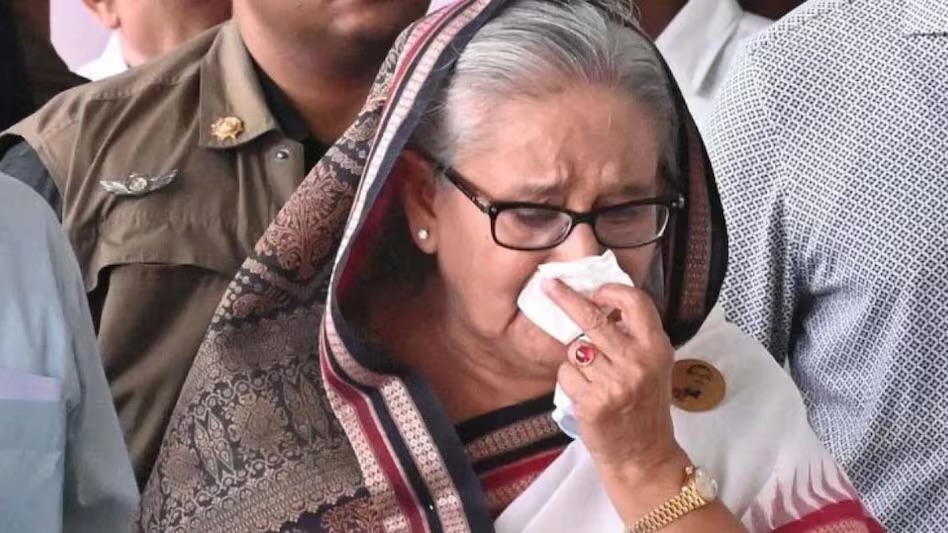
Dhaka, Bangladesh – August 5, 2024 – Bangladesh’s Prime Minister Sheikh Hasina has resigned and fled the country following weeks of deadly demonstrations, according to an announcement by the country’s army chief. General Waker-Uz-Zaman addressed the nation on Monday, stating that an interim government would now oversee the country’s affairs.
Hasina, who led Bangladesh for two decades, departed aboard a military helicopter, an aide revealed to Al Jazeera. This dramatic exit came after protesters defied a national curfew and stormed her palace in Dhaka. The protests, which have claimed 300 lives over the past weeks, escalated into widespread unrest that the authorities struggled to control.
Sunday night saw some of the worst violence yet, with nearly 100 people killed. Despite the bloodshed, tensions remained high on Monday as demonstrators planned a march on Dhaka, prompting the army to prepare for a national address. By early afternoon, reports indicated a shift in the atmosphere to one of celebration as news of Hasina’s departure spread.
In his address, General Zaman urged the public to maintain faith in the military’s ability to restore peace. “We will also ensure that justice is served for every death and crime that occurred during the protests,” he pledged, calling on citizens to exercise patience and refrain from further violence and vandalism. He also announced that representatives from all major political parties had been invited to collaborate with the interim government, a proposal they accepted.
National television broadcasted images of thousands of people breaking into the prime minister’s official residence and jubilant crowds celebrating in the streets. Al Jazeera’s Tanvir Chowdhury, reporting from Shahbag Square – the epicenter of the student protests – described an unprecedented scene of jubilation. “Everybody is celebrating, not just students – people from all walks of life,” he reported. Protesters declared that the fall of Hasina’s government marked an end to dictatorship and mismanagement.
The protests began a month ago over a controversial job quota scheme that reserved a third of government jobs for children of war veterans from the country’s 1971 independence war with Pakistan. The government’s response included shutting down universities and deploying police and military forces against the protesters, alongside imposing a nationwide curfew and cutting off communication channels. Despite these measures, the country’s top court ruled to reduce the quotas, but the movement had already grown into a nationwide call for Hasina’s resignation and accountability for the deaths during the protests.
UN special rapporteur Irene Khan noted the significant challenges ahead for Bangladesh. “We are all hoping that the transition will be peaceful and that there will be accountability for all the human rights violations that have taken place recently, including the killing of about 300 people in the last three weeks,” she told Al Jazeera. Khan emphasized the need for the military to respect human rights as the country rebuilds from this period of turmoil.
With Hasina’s departure, Bangladesh faces a crucial period of transition, and the interim government has a daunting task to stabilize the nation and address the grievances that led to the protests.







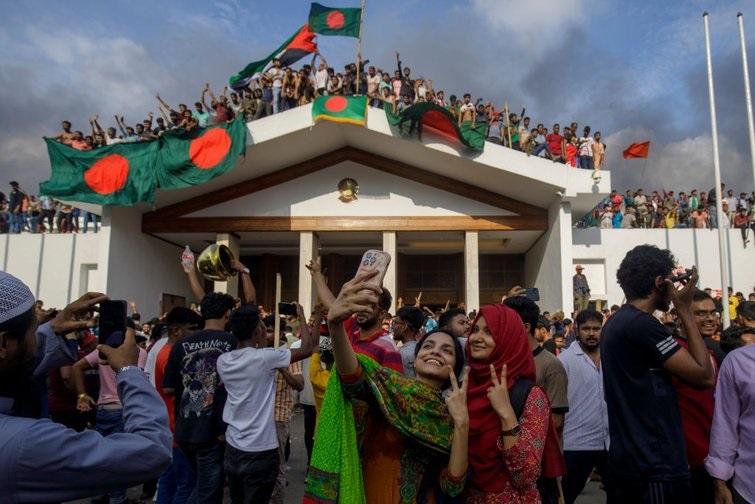
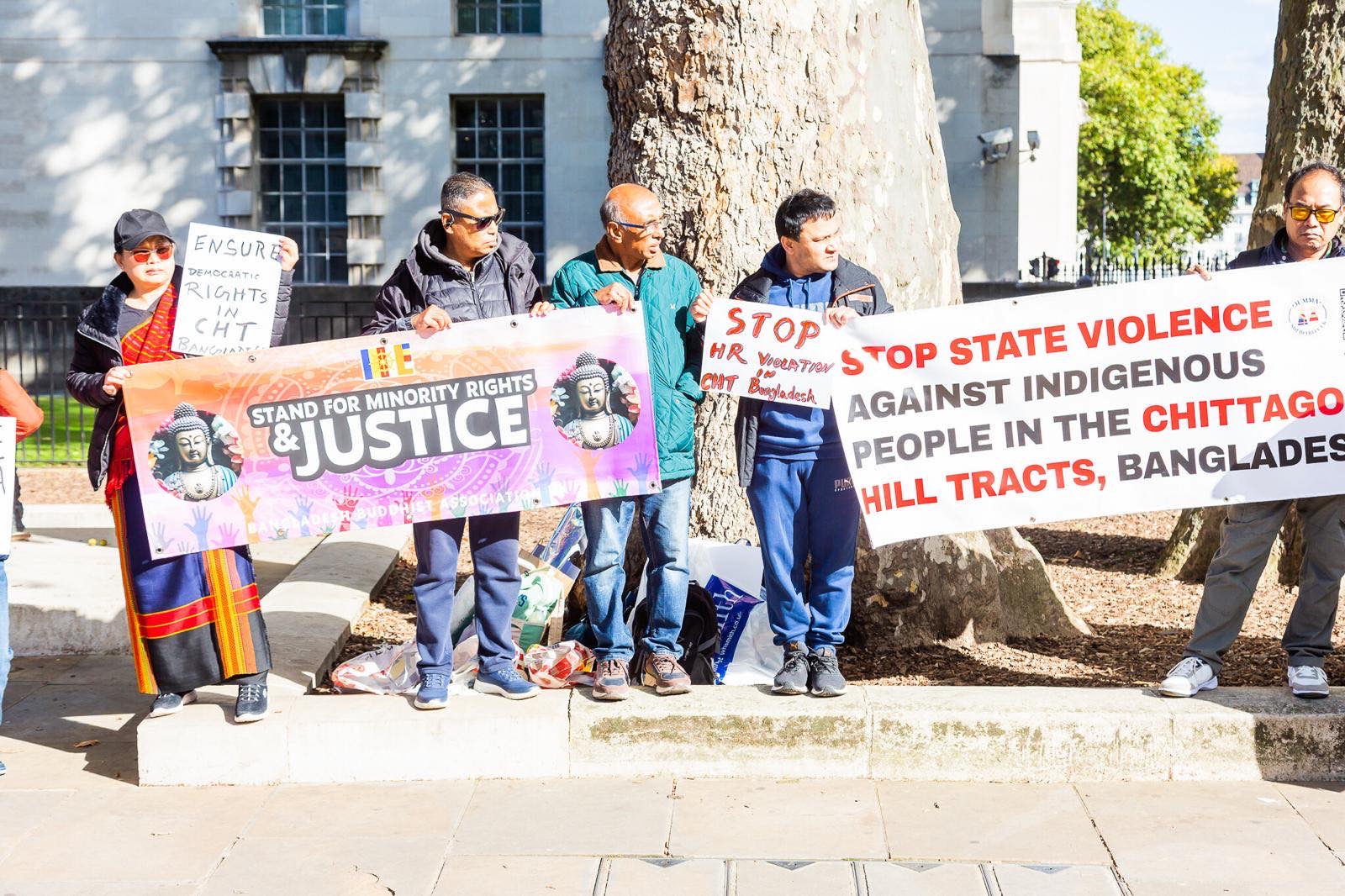
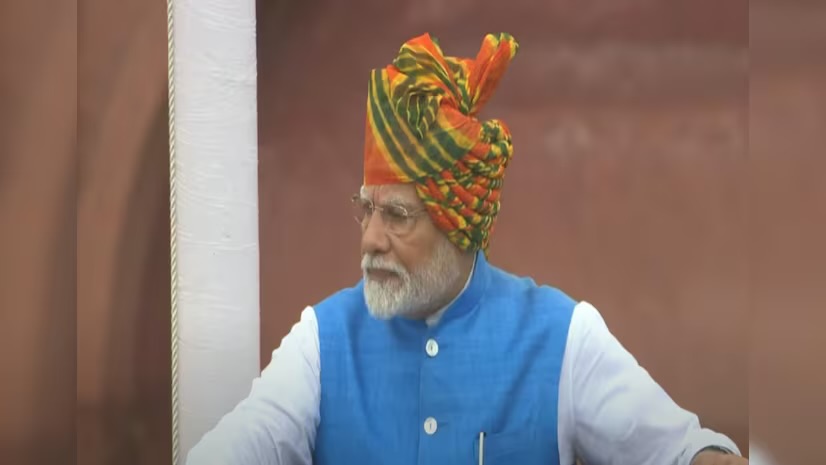
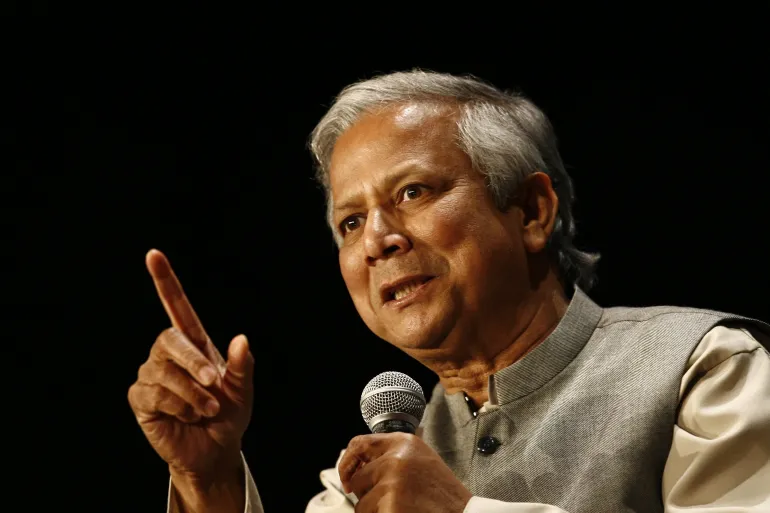
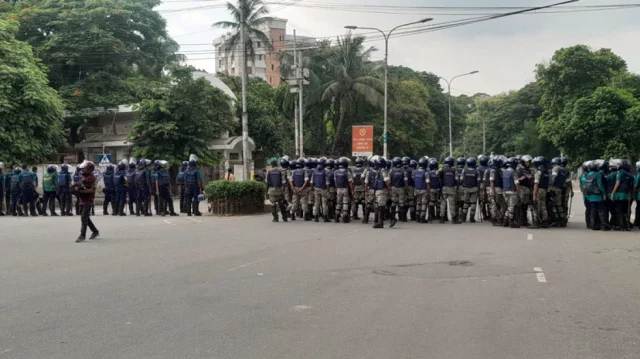







Facebook Comments